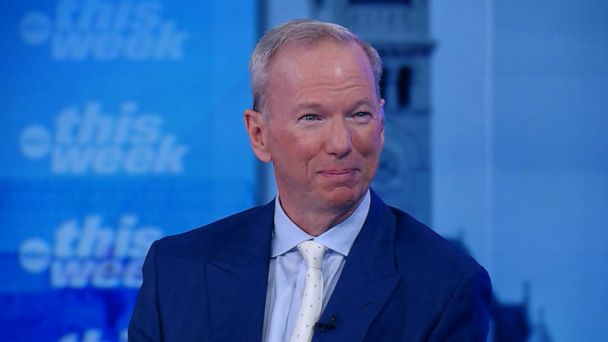Featsbeyond50
Active Member
Is Elon willing to suspend Tesla's work on AI?
You can install our site as a web app on your iOS device by utilizing the Add to Home Screen feature in Safari. Please see this thread for more details on this.
Note: This feature may not be available in some browsers.
Is Elon willing to suspend Tesla's work on AI?
They are quite different. GPTs are on the road to general AI, while FSD is not. Although you could merge GPT with Tesla Vision, and IMHO, you’d then have real FSD. I don’t know why Tesla isn’t trying that, or maybe they are. Just seems that Tesla is all of a sudden behind the AI curve here.Is Elon willing to suspend Tesla's work on AI?
He must have been using ChatGPT version 3.5, which has a 2021 knowledge cutoff date. ChatGPT version 4.0 has a knowledge cutoff date of 2022, so he must not have been using that.Holy cow... that is impressive....
I do wish that AI would be trained with Azimov's 4 laws of robotics, although he wrote many stories on how that could go wrong but at least it is a start.
I wonder why the AI was limited to a knowledge cutoff date of 2021?
Right, and it kind of looks like Elon might be a little sour about that and is channeling his inner Danny Boy.Just seems that Tesla is all of a sudden behind the AI curve here.
It isn't about each individual actor stopping developping AI, but a concerted effort slow collectively until we're sure things are roughly under control.Is Elon willing to suspend Tesla's work on AI?
They are quite different. GPTs are on the road to general AI, while FSD is not. Although you could merge GPT with Tesla Vision, and IMHO, you’d then have real FSD. I don’t know why Tesla isn’t trying that, or maybe they are. Just seems that Tesla is all of a sudden behind the AI curve here.
We don't really know how AGI emerges. See for example:They are quite different. GPTs are on the road to general AI, while FSD is not. Although you could merge GPT with Tesla Vision, and IMHO, you’d then have real FSD. I don’t know why Tesla isn’t trying that, or maybe they are. Just seems that Tesla is all of a sudden behind the AI curve here.
Don't just read a single tweet, read the whole thread to get the context, or better yet read the petition itself.Is Elon willing to suspend Tesla's work on AI?
| AI Inference Chip | Fab (Manufacturer) | Process Node |
| NVIDIA Tesla T4 | TSMC | 12nm FinFET |
| Tesla FSD 3 (Hardware 3) | Samsung | 14nm FinFET |
| Google Edge TPU | TSMC* | Unknown* |
| Habana Labs' Goya Processor | Unknown | Unknown |
| Intel Nervana Neural Network Processor-I | Intel | 16nm FinFET |

* This Tweet says that when Open AI's chartbox GPT-4 and Google's Bard were asked by the Financial Times to pick the top 5 stocks, they came up with similar choices but #1 in both cases was TSLA

“These models could begin to automate large portions of the economy,” the pitch deck reads. “We believe that companies that train the best 2025/26 models will be too far ahead for anyone to catch up in subsequent cycles.”


